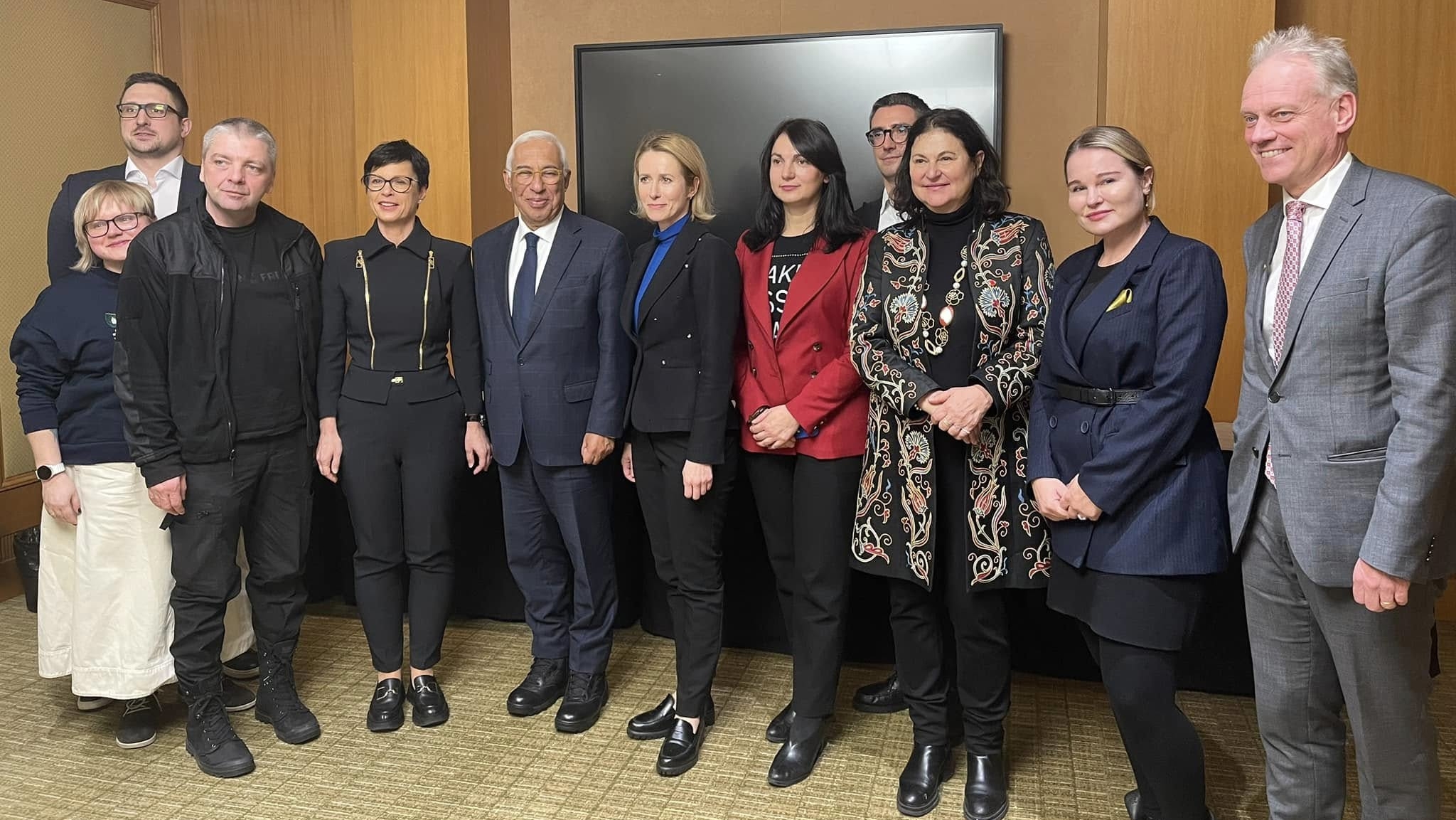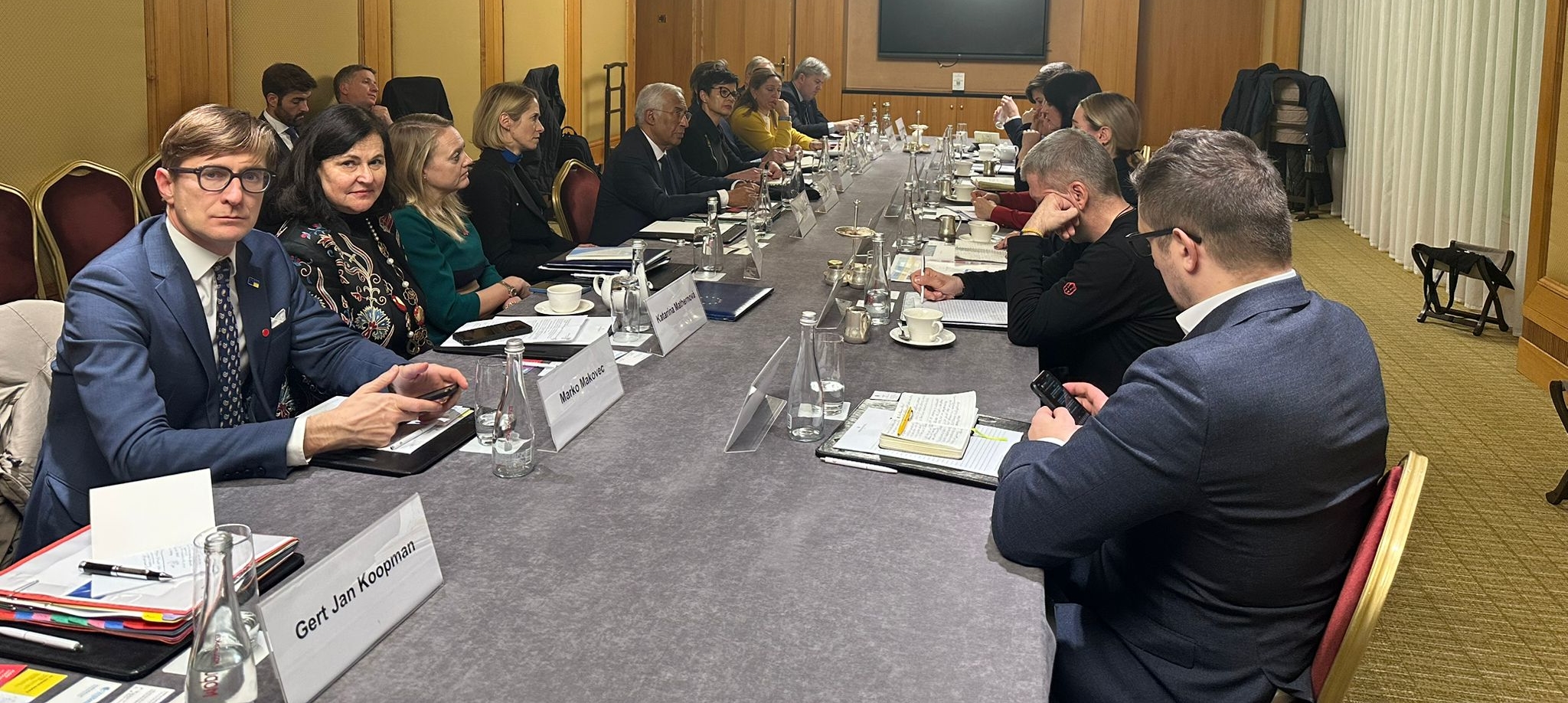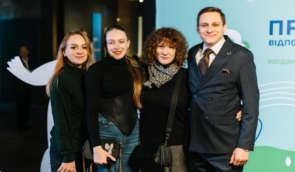New EU leadership met with Ukrainian NGOs
President of the European Council António Costa, EU High Representative for Foreign Affairs and Security Policy Kaja Kallas and EU Commissioner for Enlargement Marta Kos met with Ukrainian non-governmental organisations on Sunday evening, December 1, during their official visit to Kyiv, which took place on the first day of the newly appointed EU leadership.

The meeting was attended by representatives of the Human Rights Centre ZMINA, Transparency International, ANTS – National Interests Advocacy Network, New Europe Centre and Centre for Economic Strategy, as well as the Head of the EU Delegation to Ukraine Katarina Maternova.
Maksym Butkevych, a freed prisoner of war and human rights defender, coordinator of the No Borders project, co-founder of the Human Rights Centre ZMINA and Hromadske Radio, spoke about the aggressor state’s violations of international humanitarian law in the treatment of prisoners of war and civilians in the occupied territories. He noted that Russia is deliberately undermining what is left of the international security and human rights system, which has consequences for all the peoples of Europe and the rest of the world, and the important values for which Ukraine and, in particular, Ukrainian civil society is fighting.

“The duration of the occupation is worsening the human rights situation in the temporarily occupied territories. In my native Crimea, Russia tested the use of gross human rights violations to subdue the civilian population. Later, the occupiers extended this practice to all other occupied territories. Enforced disappearances, torture, detention of civilians – all this is a targeted policy of the RF, which has a very practical purpose – to maintain control over the TOT,” added Alena Lunova, Advocacy Director of Human Rights Centre ZMINA.
According to her, Russia has instrumentalised not only violence, but education also serves the purposes of the occupation, as the formation and promotion of informal and formal military organisations aims to create Russian soldiers from Ukrainian children who will fight Ukrainians.
“Forced passportisation is also one of the occupation tools that was actively used by the Russians before the occupation of our territories and continues to be used to put pressure on civilians. All these and many other violations will undoubtedly continue until the territories are de-occupied. Therefore, the only way to protect the rights of our people is to liberate the occupied territories. Therefore, there can be no talk of territorial concessions as a subject for compromise,” she stressed.
Representatives of the European Union stated that the EU will continue to support Ukrainian civil society and the ongoing process of Ukraine’s EU integration.
If you have found a spelling error, please, notify us by selecting that text and pressing Ctrl+Enter.















